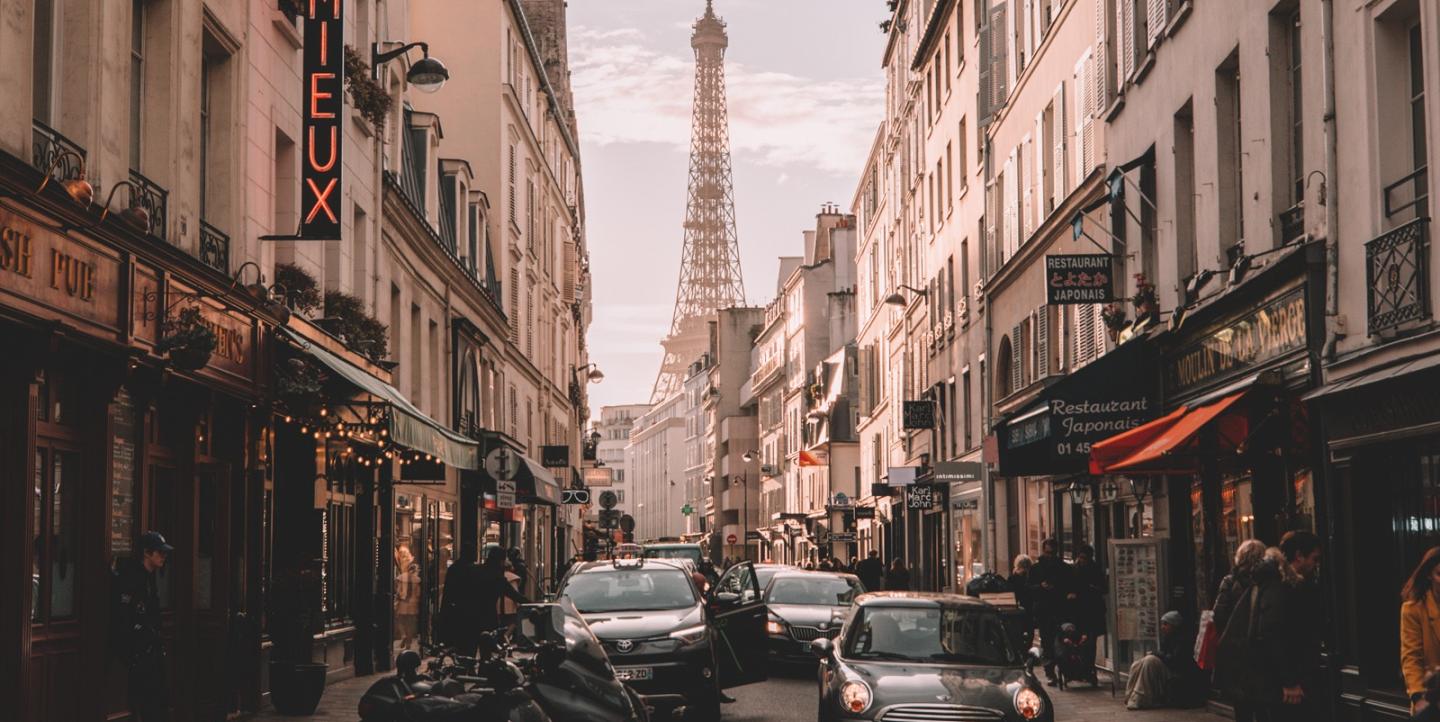It took Sara Farid less than a month to pack up, leave her home country and move to France. The freelance Pakistani photojournalist did not have a choice.
On January 10, 2018 her husband, award-winning journalist Taha Siddiqui, was attacked and narrowly escaped a kidnapping. He had already received numerous threats for being outspoken and critical of the Pakistani military.
French television network France 24, for whom he regularly worked, offered for him to come work in Paris, and the French embassy helped with visas.
“We packed up our life in Pakistan and moved,” Farid said, now five months into her forced exile.
When the couple first decided to flee the country with their son, they thought it would only be for a few weeks. They soon realized the situation for journalists in Pakistan was deteriorating and becoming very dangerous.
“Elections are coming up in Pakistan [....] Another journalist was picked up by the army and so everyone told us that it's not going to be safe,” she said.
On top of navigating the dangers of her and her husband’s lives, Farid also has to rebuild her professional life, find a new network, build relationships with editors and follow the news in France.
After a fifteen-year career as a television producer, she had been freelancing in Pakistan with organizations like Reuters and The New York Times for the last four years. She had to inform them of her situation and ask to be connected with new editors.
“I don't know anyone so it's going to take some time and meeting people. It's literally like starting from scratch,” she said. “Freelancing is tough anywhere, even in Pakistan it was not easy… now I have the disadvantage that I don’t know French.”
For now, she’s also focusing on finding housing. Apartments are expensive in Paris and Farid thinks she will probably have to settle in the suburbs. She and her husband have had to explain their four-year-old child the situation and help him adapt to his new French school, the unknown language and general uprooting from his friends and family.
“We've been very open with him, as much as [we can],” she said. “We had to explain to him the circumstances under which we had to decide to leave our life in Pakistan and come to Paris.”
Adapting to Paris is proving a challenge for Farid who, on top of being forced into exile, had never lived abroad and doesn’t speak French.
She and her family are getting help from Maison des Journalistes and Reporters without Borders. Through them she found free French lessons taught by volunteers.
Even if her future is uncertain, Farid is determined to learn the language to integrate and eventually be able to work. At the Maison des Journalistes, she has met other journalists who had to flee Afghanistan and Syria and also don’t speak French.
“They never tried to learn the language since they didn't know if they were going to stay for long but they ended up living here,” she said. “After several years, it's even tougher to learn because you picked up on the wrong way of pronouncing words.”
For freelancers who find themselves in a similar situation, she advises them to research organizations in their host country such as Amnesty International, Reporters without Borders or Maison des Journalists and connect with them.
“Don't be shy to reach out. You need to constantly write to people [and] explain what you're going through,” she said.
“I find it tough to explain my situation to people, I'm very private. But then I realized it's not about privacy anymore, it's a struggle for survival and there are people out there, organizations that can help you and you should ask for help.”
Since her arrival, Farid has begun following current events in France news through the English website France 24. She has worked for the New York Times again, contributing to a story about a Muslim college student in Paris, and hopes her mastery of French and networking will mean she can soon find more work covering human rights and human interest stories.

